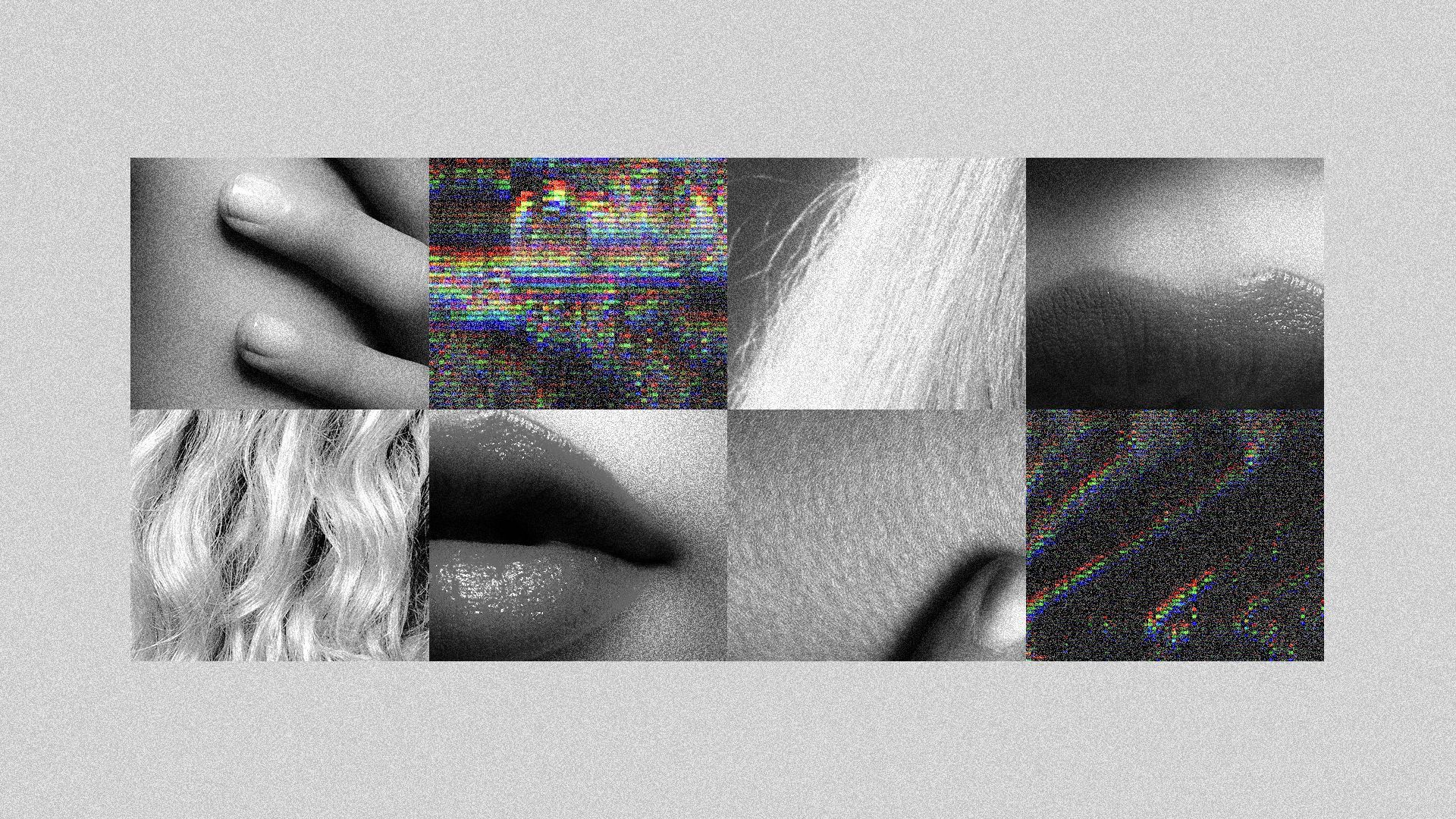State advances measures targeting AI discrimination, deepfakes
As corporations increasingly weave artificial intelligence technologies into the daily lives of Americans, California lawmakers want to build public trust, fight algorithmic discrimination and outlaw deepfakes that involve elections or pornography.
The efforts in California — home to many of the world’s biggest AI companies — could pave the way for AI regulations across the country. The United States is already behind Europe in regulating AI to limit risks, lawmakers and experts say, and the rapidly growing technology is raising concerns about job loss, misinformation, invasions of privacy and automation bias.

California's Proposals
A slew of proposals aimed at addressing those concerns advanced last week, but must win the other chamber’s approval before arriving at Gov. Gavin Newsom’s desk. The Democratic governor has promoted California as an early adopter as well as regulator, saying the state could soon deploy generative AI tools to address highway congestion, make roads safer and provide tax guidance, even as his administration considers new rules against AI discrimination in hiring practices.
With strong privacy laws already in place, California is in a better position to enact impactful regulations than other states with large AI interests, such as New York, said Tatiana Rice, deputy director of the Future of Privacy Forum, a nonprofit that works with lawmakers on technology and privacy proposals.
Fighting AI Discrimination and Building Public Trust
Some companies, including hospitals, already use AI models to define decisions about hiring, housing and medical options for millions of Americans without much oversight. Up to 83% of employers are using AI to help in hiring, according to the U.S. Equal Employment Opportunity Commission. One of the most ambitious AI measures in California this year would establish an oversight framework to prevent bias and discrimination and require companies using AI tools to inform people affected when AI is used.

California lawmakers said they cannot wait to act, citing hard lessons they learned from failing to reign in social media companies when they might have had a chance. But they also want to continue attracting AI companies to the state.
Protecting Jobs and Likeness
Inspired by the months-long Hollywood actors strike last year, a California lawmaker wants to protect workers from being replaced by their AI-generated clones. The proposal would let performers back out of existing contracts if vague language might allow studios to freely use AI to digitally clone their voices and likeness.
California may also create penalties for digitally cloning dead people without the consent of their estate, citing the case of a media company that produced a fake, AI-generated hourlong comedy special to recreate the late comedian George Carlin’s style and material without his estate’s permission.
Regulating Powerful Generative AI Systems
Real-world risks abound as generative AI creates new content such as text, audio and photos in response to prompts. So lawmakers are considering requiring guardrails around “extremely large” AI systems that have the potential to cause significant damages. It would require such models to have a built-in “kill switch,” among other things.

A bipartisan coalition seeks to facilitate prosecuting people who use AI tools to create images of child sexual abuse. Current law does not allow district attorneys to go after people who possess or distribute AI-generated child sexual abuse images if the materials are not depicting a real person, law enforcement said.
A host of Democratic lawmakers are also backing a bill tackling election deepfakes, citing concerns after AI-generated robocalls mimicked President Joe Biden’s voice ahead of New Hampshire's recent presidential primary.

Another proposal would require social media platforms to label any election-related posts created by AI.










